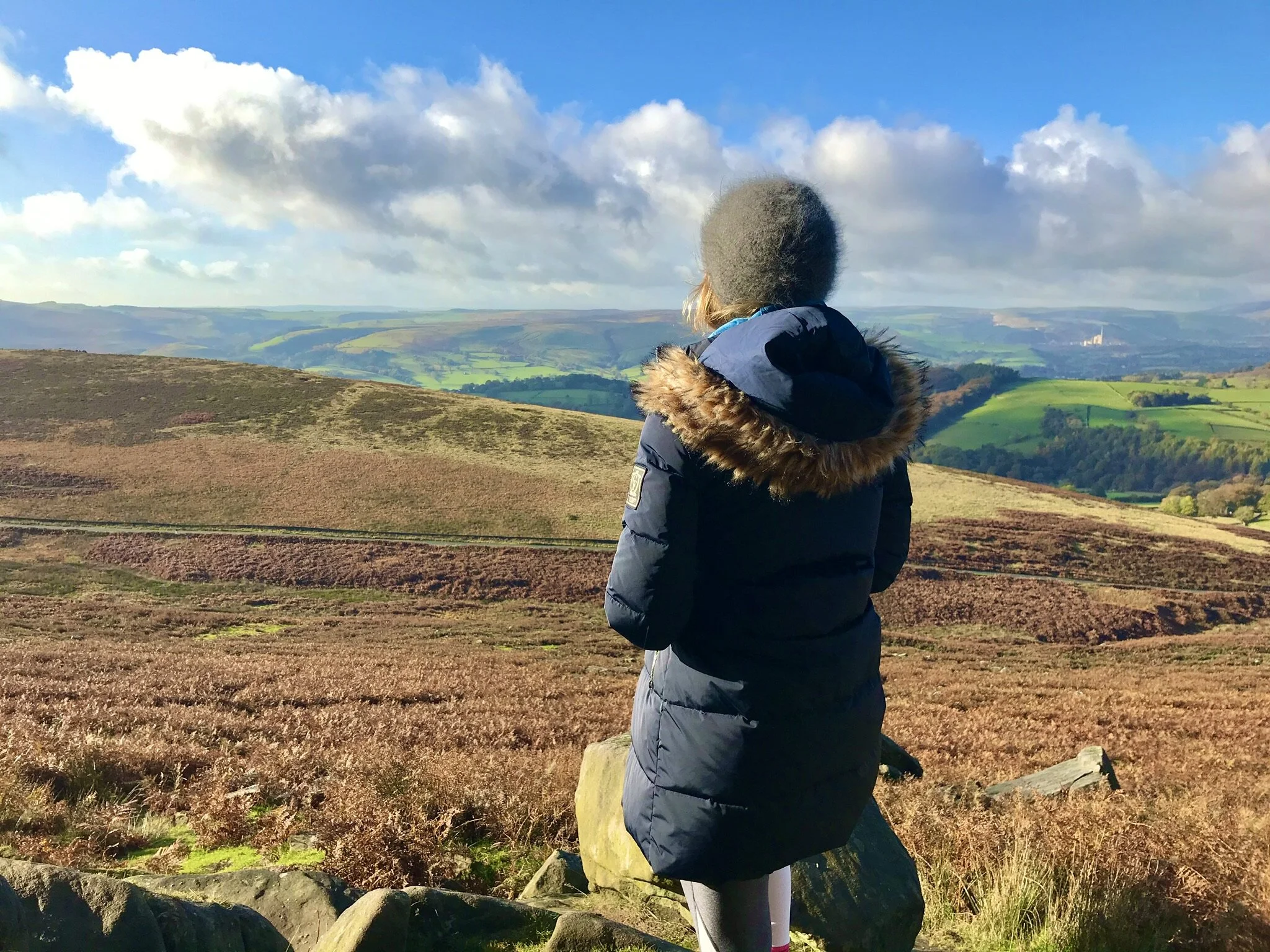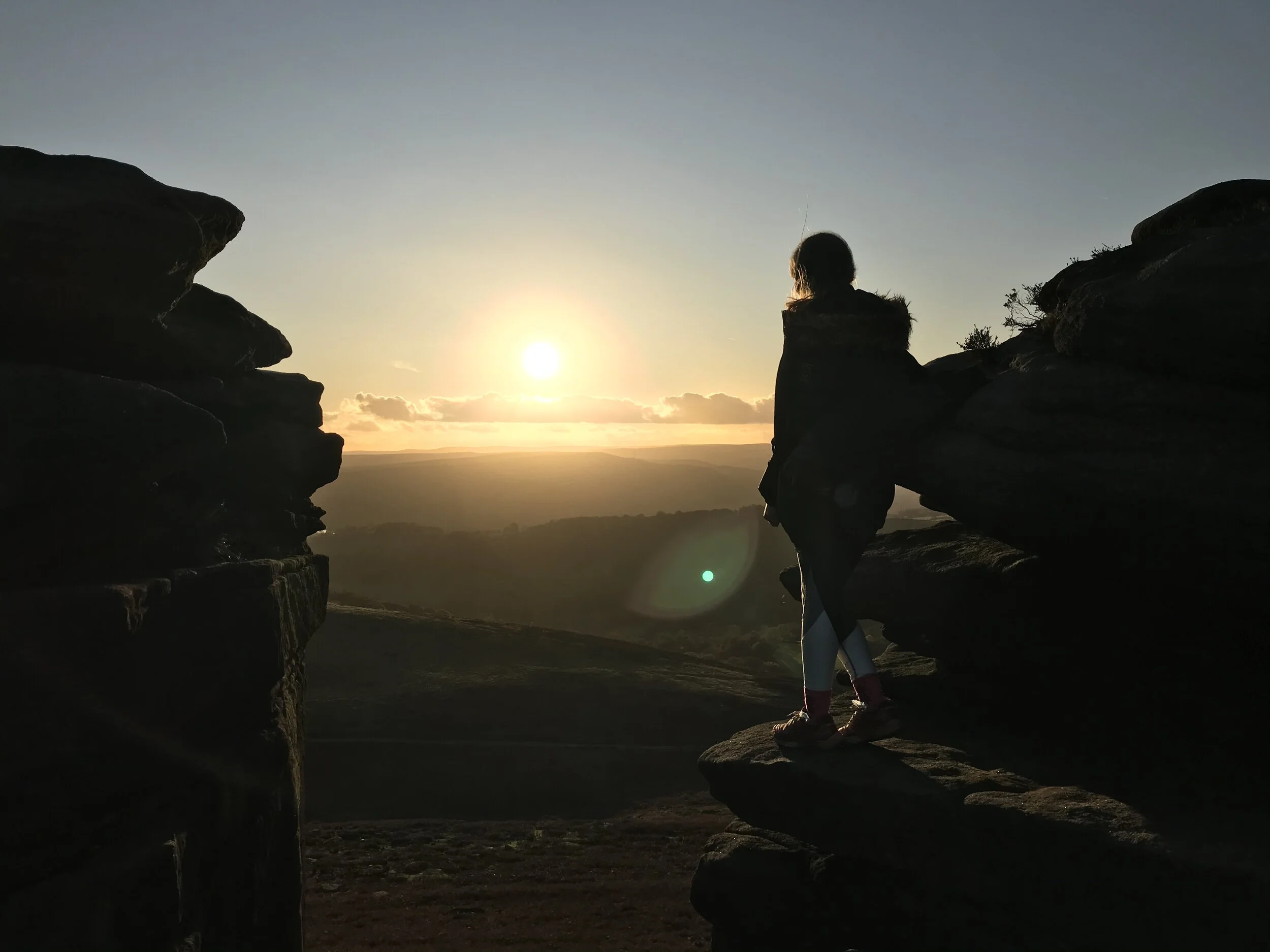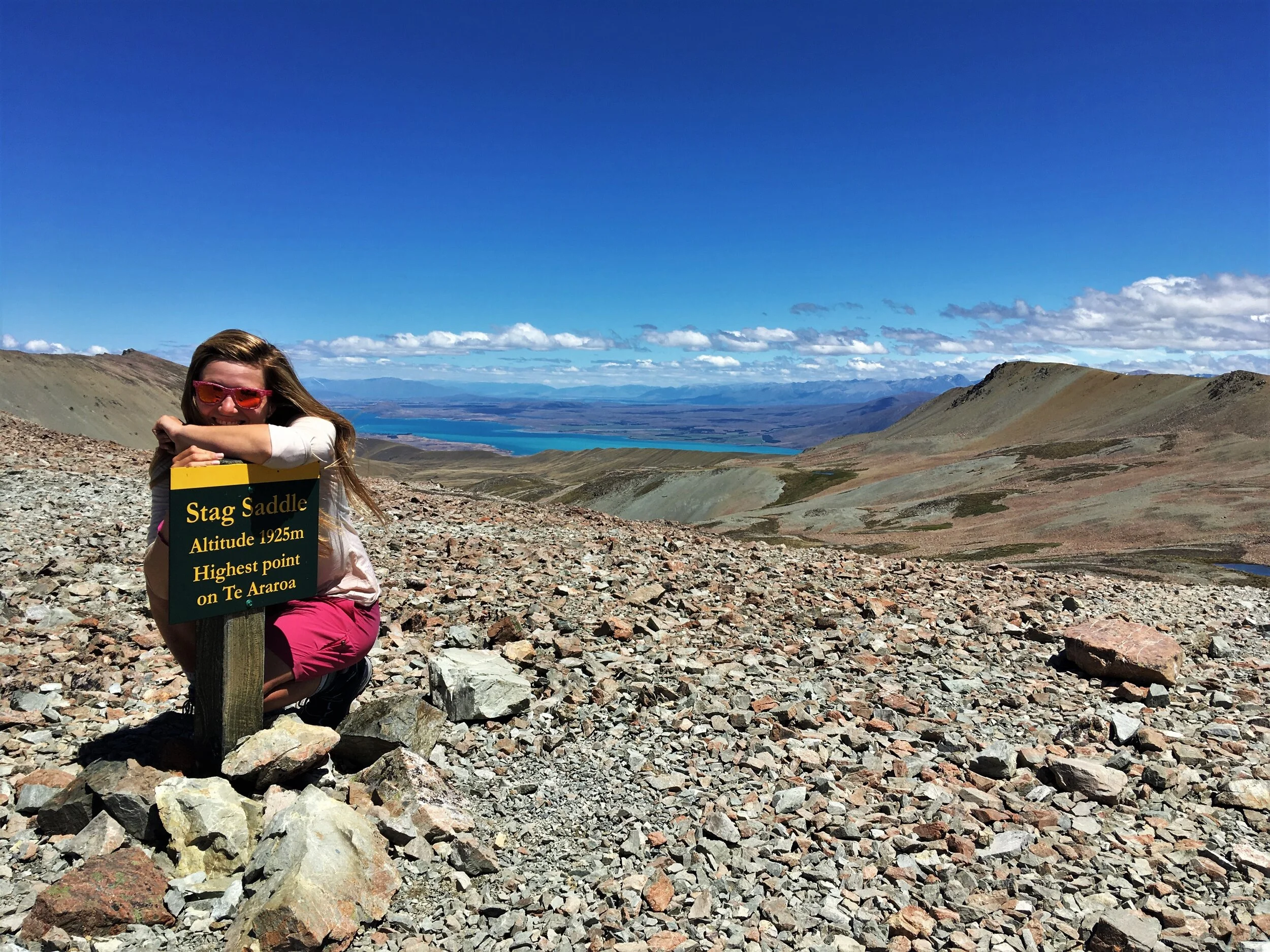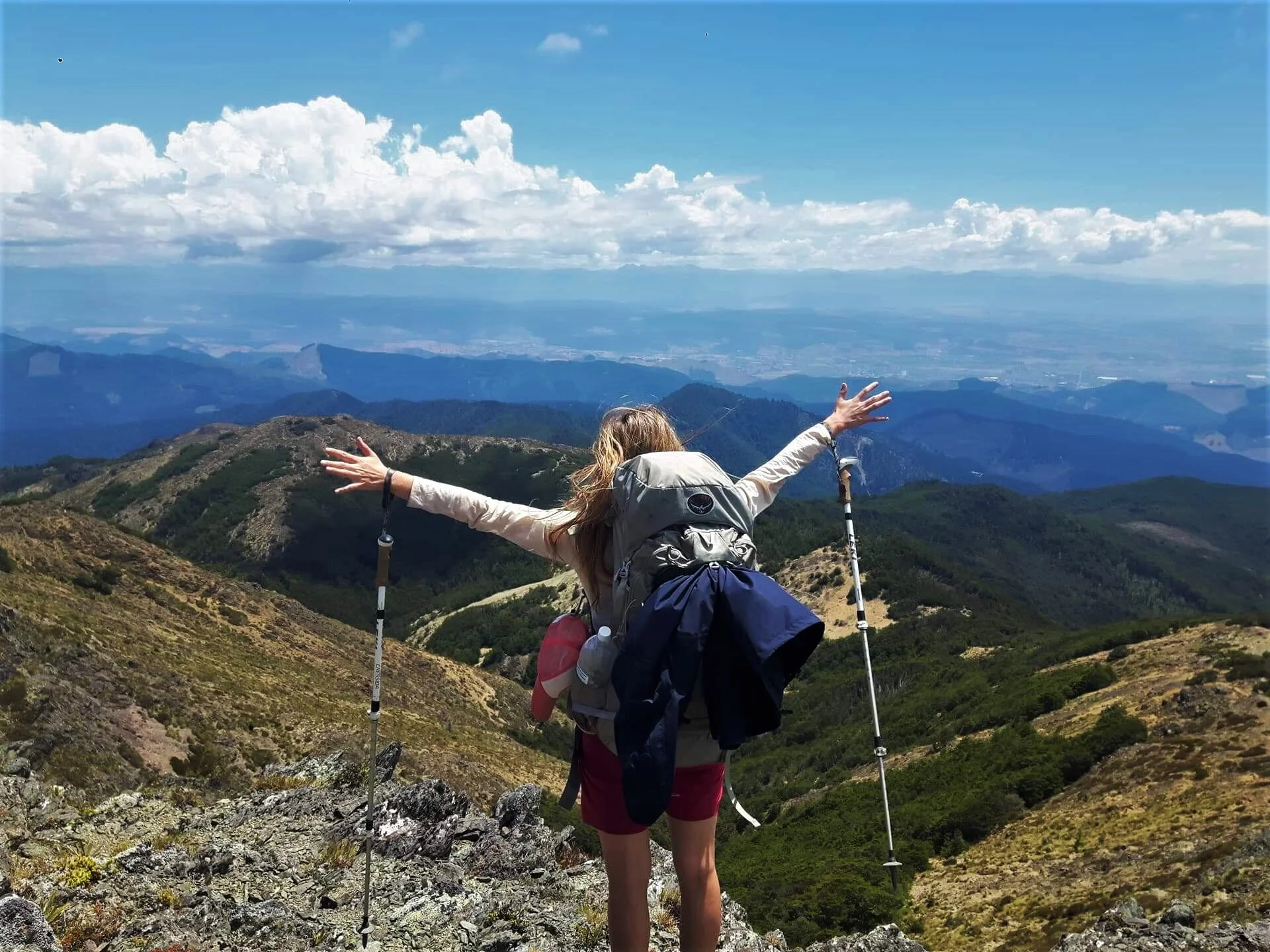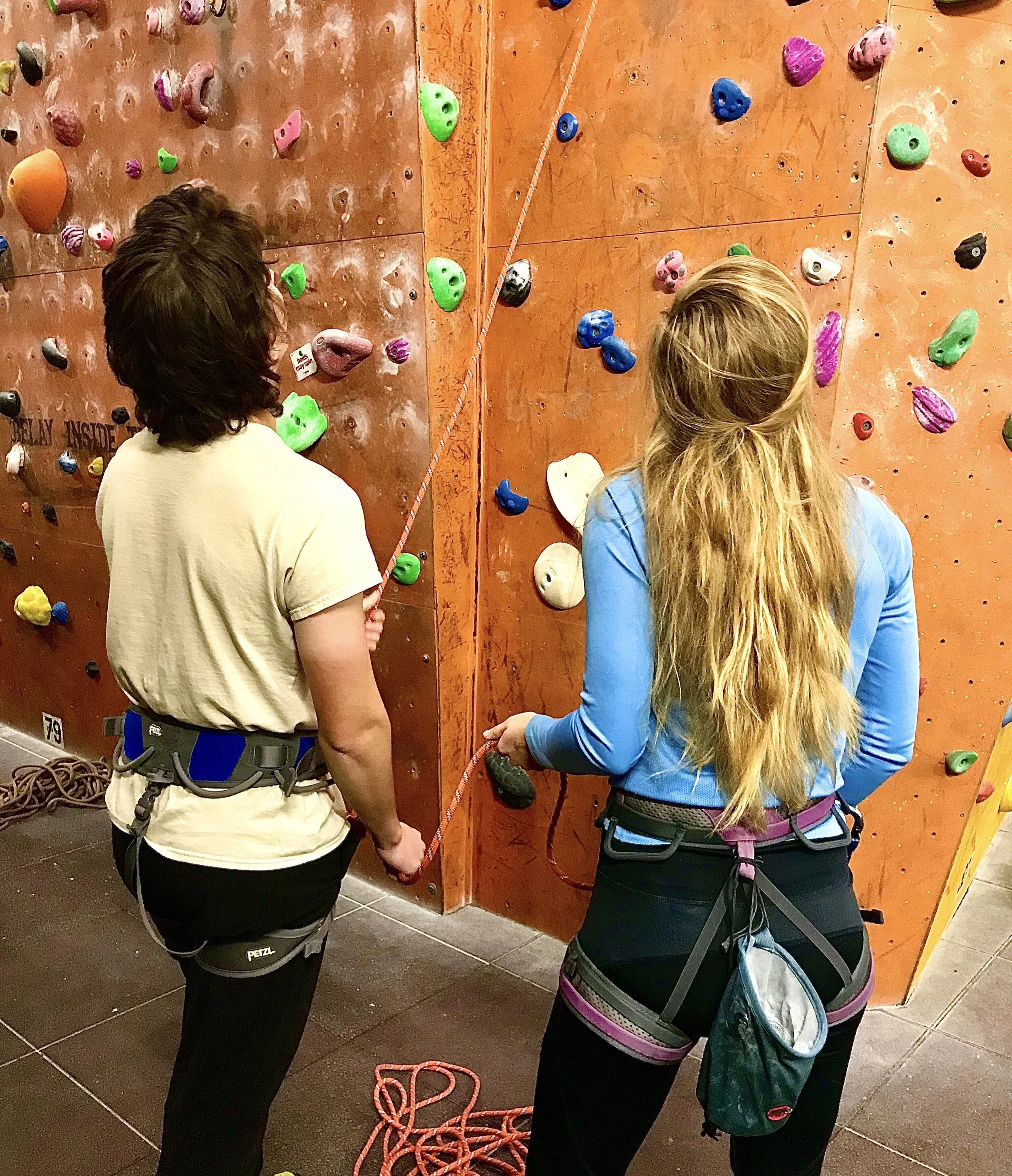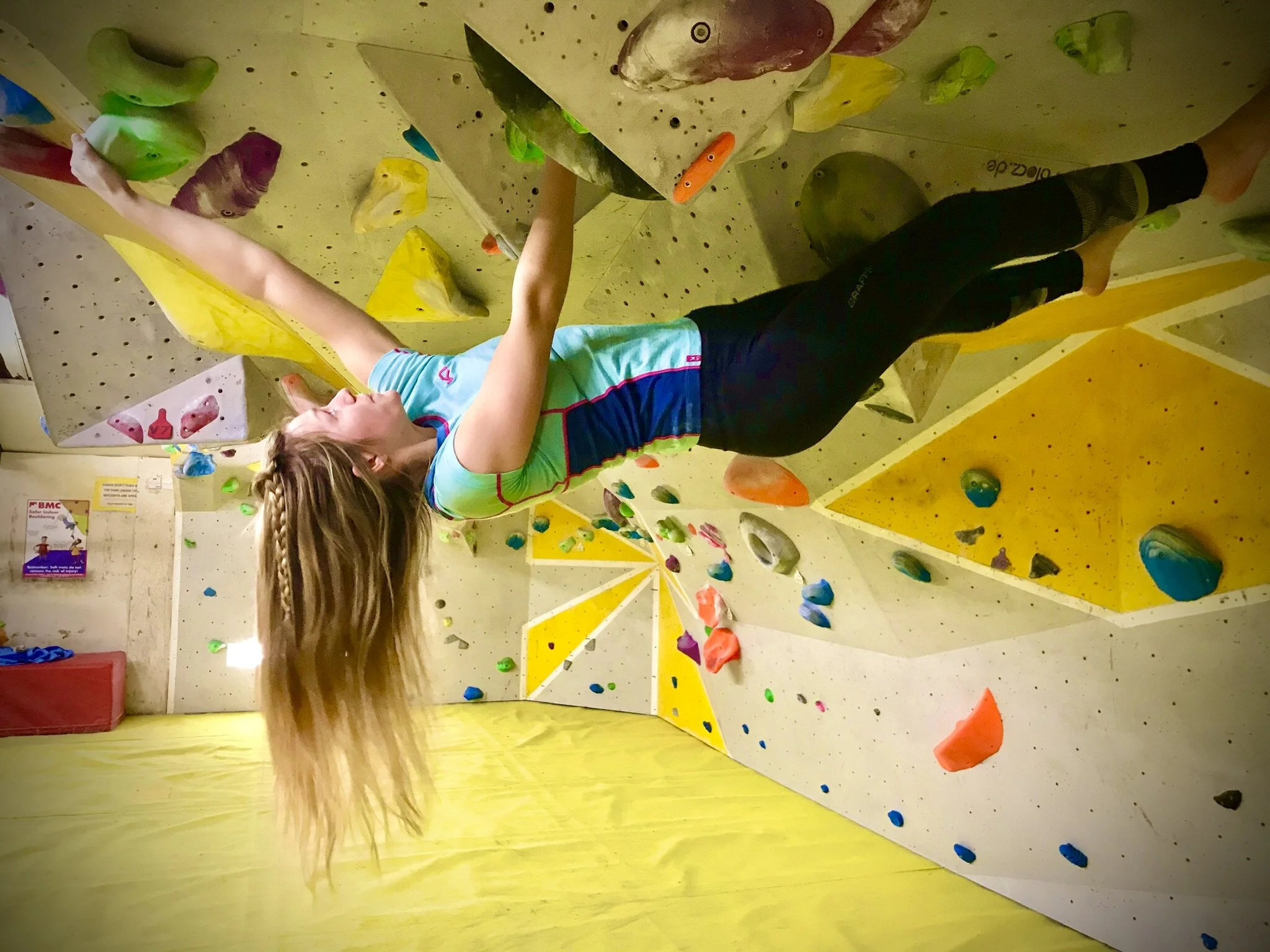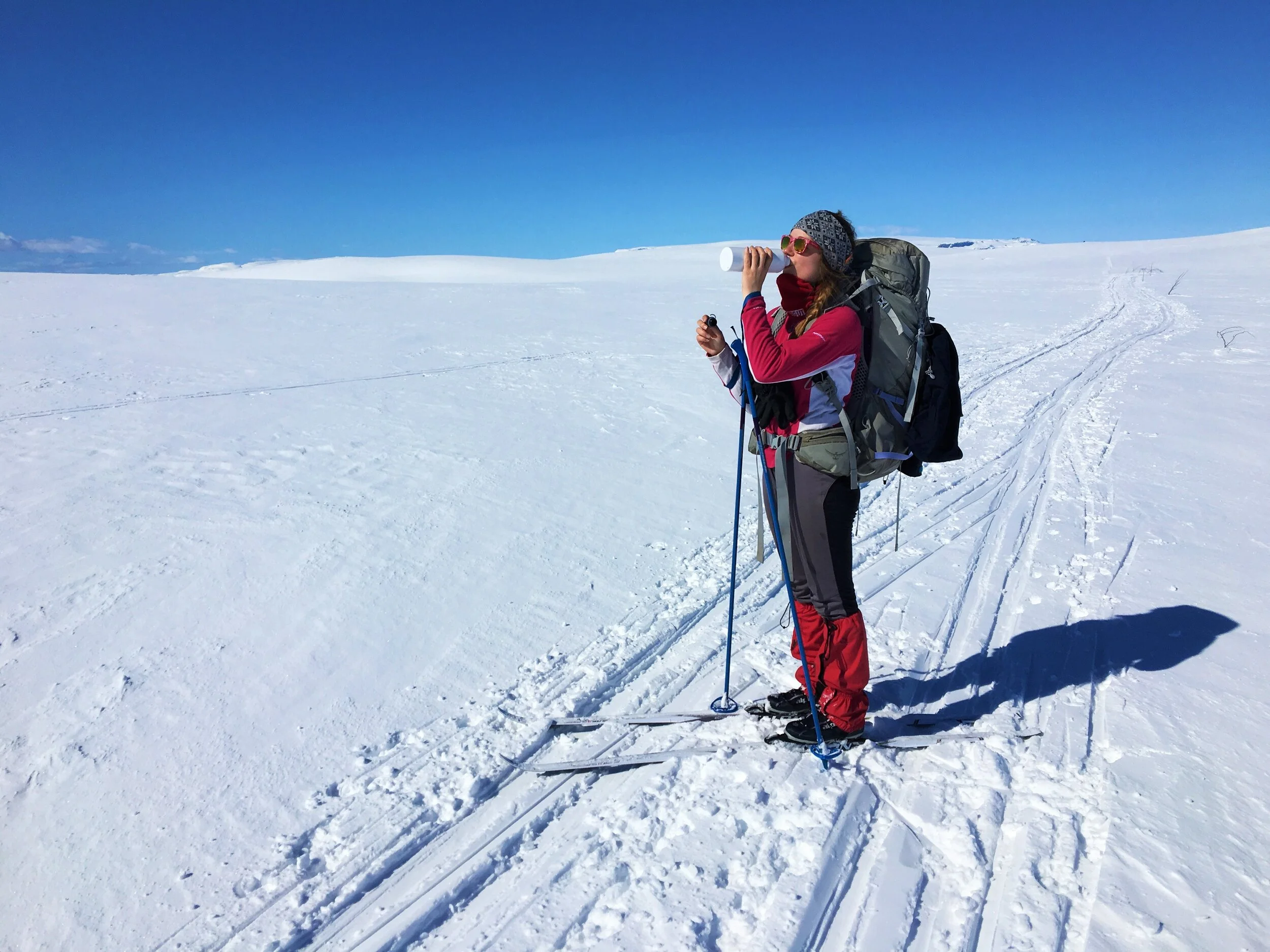You’ve completed a thru-hike. For weeks, perhaps months, you’ve been walking from dawn till dusk – sleeping under the stars, every day a new adventure. You probably walked during summer and soaked up that sunshiny goodness almost every single day, you’ve seen incredible landscapes and hung out with rad people. All your problems were far away, your only concern was waking from point A to point B without breaking something or getting eaten by a bear. No traffic jams or vacuuming to do!
Reaching the finish line probably felt like an incredible accomplishment. You walked a gazillion miles on your own two feet, look at you go! You posed for a bunch of iconic photos nest to a monument of some sorts, and now you are ready for some lavish comforts. Real food, a proper bed, daily showers…! Sounds divine, doesn’t it?
Except… Once you’ve had a few of those showers and restocked your fridge, you sit in your old living room and feel completely empty. What exactly was it that you missed again? Getting up at 07 to go to work, studying in that musty university library, doing the dishes and paying the bills. You find yourself feeling more and more down. What’s going on? Life feels dull and meaningless, the contentedness you were expecting just won’t come.
You, my friend, have the post-trail blues.
Understand that it’s natural
Post-trail blues is super common after a thru-hike, or even a “regular” holiday. A large proportion of hikers report feeling completely out of it for a good while after they’re settling back into their normal routine – so know that you are not alone! Adding to the feeling of loneliness is the fact that your family and friends are only moderately interested in your outdoor adventures, they don’t understand what you went through on the trail – nor what you’re experiencing now. The “real world” may feel hopelessly materialistic, and you don’t really fit in it anymore.
When you exercise, your body releases endorphins. Add some nature, sunlight and awe-inducing scenery, and your brain is exploding with these happy-hormones. It’s that feeling that makes you raise your hands to the sky when you stand on a mountain peak. Comparing it to taking drugs actually isn’t that far-fetched, you’ve been on a colossal dose of natural high for X amount of weeks and suddenly it’s all GONE. I hate to say it, but reading a good book on the couch by the fireplace or even kissing your beloved doesn’t release the same dose. No wonder you feel morose, your brain is legit deprived of motivation-boosting fuel!
Therefore, it’s good to know that your moods aren’t necessarily dictated by the rational part of your brain. When you feel like shit, it can be very easy to conclude that you must be feeling like shit because your life is shit. This is where you need to interrupt yourself. The symptoms of withdrawal and even mild depression you might be feeling is a reaction to your extreme change of lifestyle. Your mammal brain vastly prefers climbing mountains to sending e-mails. It doesn’t mean that your life is now meaningless and that you will be unhappy forever.
Highest & halfway point on the TA, beat that!
Embracing the world in the Richmond Ranges
Give it time
Do not fret, this muddy trudge won’t last forever. After I got back to icy Norway after spending three months in New Zealand & Australia walking the Te Araroa, I felt like crap. Everything I’d looked forward to doing at home didn’t feel at all like I thought it would, and I worried obsessively that the life lessons I’d “learned” on the trail were wasted on me – that I was doomed to be semi-unhappy in my regular life because I was born a pessimist. It didn’t help that I was broke as hell. Walking the TA had been a big existential deal to me, what if the whole trip had been wasted? The thought was unbearable. However, as time went by, I gradually settled back into life. And when shit really hit the fan a few months later, I found that I was indeed fundamentally changed. I bounced back from something which really could have screwed me over. The resilience I’d always wanted to possess was there with full force, no one was more surprised than me!
Give yourself a chance to go through the motions. You will be okay.
At work with the beautiful Geysir on a 4-day ride in Norway, my summer job trumps everything!
Be proactive about your “recovery” - Find a project!
Perhaps somewhat conflicting with the previous point of advice, but giving it time doesn’t mean just sitting around moping.
The Australian comedian Tim Minchin once gave an incredibly funny and on pointe graduation speech at the University of Western Australia, laying out nine life lessons. His point on being “micro-ambitious” is perhaps the greatest piece of advice I’ve ever heard. Long-term goals can be very tiring and often drown in the mundanity of everyday life. Your dream career might be slow in the making, and no one ever really loves their job when the alarm rings at 07. However, dedicating yourself to the passionate pursuit of short-term goals can be a real life-saver. What does this really entail?
I am a pretty lazy person. I get bored and demotivated quite easily, I’d ideally take a holiday every other month and once I get thrown off my routine it takes me forever to get back on the wagon. Sounds vaguely familiar? I’ve found that the best cure for this is throwing myself at a new passion, preferably an outdoorsy one! Hikers in online forums echo that what helped them get over their post-trail blues was planning another thru-hike! Goal-setting is a big part of this, on a thru-hike every step is literal, tangible progress. If my new project is measurable in some way, that adds to its appeal.
If a long-distance trail isn’t compatible with you lifestyle or budget, no worries. There are plenty of projects/activities you can undertake closer to home. Learning a new language or playing an instrument are classics – but I’m having the time of my life with climbing. Most decent-sized towns will have opportunities for indoor & sometimes outdoor climbing, it’s a super fun, physical and social activity which forces you to be in tune with your body and shut out distracting thoughts. Other things to try: running – anything from a 5km to a (half)marathon will require you to get off your butt and into a routine, horse riding – possibly the best hobby in the world, and generally just utilising outdoor spaces near you. If you life close to the coast, go paddling! Now that I live in London my outdoor escapes mostly consist of park walks, but despite low wilderness factor they still leave me feeling refreshed!
My climbing pal, Jake, hiked the PNT in 2019 and felt the blues afterward
Bouldering at the Castle, feeling strong (and barefoot!)
The road goes ever on…
Just to add: If you’re feeling seriously depressed, I would recommend contacting a therapist or speaking to your GP. This is especially important for people with a history of mental health problems – if you find that your post-trail blues is escalating into something more serious there is no shame in asking for help! It’s much better to get a little assistance in stabilising your mind back to normal than to suffer needlessly because you find yourself unable to cope with the situation.
Suffice to say, all of this is what I try to remind myself of if I’m having a bad day on the trail where I’m sick of nature and just want some good old city comforts. Having completed a good handful of trails I know that while the magic of the city is temporary, the magic of the trail is forever. Even a crap day on the trail will feel better than an average day at work when you look back on it years later. Suddenly you would gladly revisit your condensation-soaked tent or log up that giant hill again!
At the end of the day, post-trail blues isn’t just about missing the experience of the trail, but about missing the version of yourself you were while hiking it. Therefore, getting over your blues means seeking out other things that bring out your best self. And only you know how to do that.
Skiing near my cabin in Hardangervidda National Park, my dose of Easter happiness!

